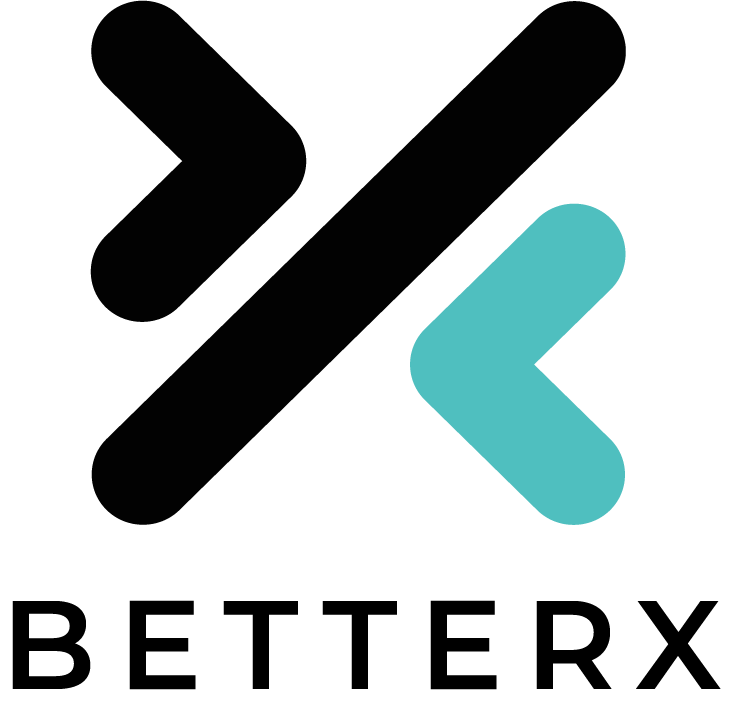Tokenising Private Loans And Empowering Finance Professionals:
In the ever-evolving world of finance, technology continues to shape and redefine the landscape. The tokenisation of private loans appears to be one of the most promising innovations on the horizon. This innovative advancement has the potential to transform the way finance professionals operate, offering increased efficiency, transparency, and access to a wider pool of investors. The tokenisation of private loan assets and its many benefits to finance professionals will be discussed in this article.
Understanding Tokenisation
In tokenisation, real-world assets, like private loans, are converted into digital tokens, which can be traded or transferred seamlessly. These tokens represent ownership rights or stakes in the underlying asset. Tokenising private loans allows lenders to break them down into smaller, more liquid pieces, making them more easily tradable. With more efficient portfolio management, lenders are able to access more capital and reduce risk at the same time. An investor who lends money to a borrower can tokenise the loan and recoup their investment by selling it on an exchange. Tokenisation also increases liquidity, making it easier for investors and borrowers to access capital.
Enhanced Liquidity
Finance professionals can take advantage of the significant enhancement in liquidity that this provides. Private loans have traditionally been illiquid, which means lenders often have to hold these assets until they mature. The tokenisation process allows for fractional ownership of loans, which means that they can be divided into smaller portions and sold to a wider range of investors as a result of the tokenisation process. As a result, finance professionals have increased the liquidity of their portfolios and their flexibility to access capital when needed, which has resulted in a greater level of liquidity and flexibility. This has improved the efficiency and accessibility of capital, making it easier for businesses to access the funding they need to grow and succeed. Tokenisation has also allowed investors to access a wider range of investments, allowing them to diversify their portfolios and better manage their risk. For example, tokenisation has made it possible for investors to purchase fractional shares of assets, such as stocks and real estate, allowing them to invest in large assets without having to purchase the entire asset.
Accessibility to a Wider Investor Base
Tokenisation opens up new avenues for fundraising by providing access to a global pool of investors. Finance professionals can attract a more diverse range of investors, including institutional investors, high-net-worth individuals, and retail investors, all through a transparent and efficient digital platform. This broader investor base can lead to more competitive financing terms and increased opportunities for growth. Tokenisation also provides investors with more control over their investments, as they can trade tokens more quickly and easily than traditional financial instruments. Additionally, tokenisation can help reduce costs, as transaction costs are much lower.
Transparency and Security
Blockchain technology, which underpins the tokenisation process, ensures transparency and security. Each transaction is recorded on a decentralised ledger, making it virtually tamper-proof and providing an auditable record of all activities. Finance professionals can be confident that their assets are secure, and investors can trust the integrity of the system, fostering a higher level of trust in the lending process. For instance, blockchain technology is used by the Ethereum network to create an immutable record of all transactions, ensuring that each loan is properly tracked and accounted for.
Streamlined Compliance
Compliance is a critical aspect of the finance industry, and tokenisation can streamline this process. Smart contracts, a feature of blockchain technology, can be programmed to automatically enforce compliance rules, reducing the need for manual oversight. This not only saves time and resources but also minimises the risk of human error.
Cost Efficiency
Managing private loans traditionally involves various intermediaries, which can be costly. Tokenisation eliminates many of these intermediaries and reduces associated fees. Finance professionals can potentially offer more competitive loan terms to borrowers while maintaining healthy profit margins.
Global Market Exposure
Tokenised assets are not confined to a specific geographic location. Finance professionals can tap into a global market, attracting investors from all over the world. This opens up opportunities for diversification and mitigating risk through a broader asset distribution.
In conclusion, the tokenisation of private loans presents an exciting and transformative opportunity for finance professionals. It provides enhanced liquidity, access to a wider investor base, transparency, security, streamlined compliance, cost efficiency, and global market exposure. As technology continues to reshape the finance industry, finance professionals who embrace this innovative advancement are likely to be at the forefront of the industry transformation. Stay tuned as BetterX prepares for the launch of its private loans tokenisation engine.
Register to BetterX today to buy Bitcoin and other popular cryptocurrencies.

